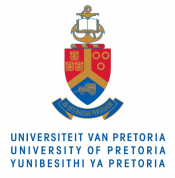
Project 2.3 (2020)
Background
A common problem in pavement construction is that new pavements are opened to traffic very soon after rehabilitation (after a few days) which in contrast to the design period that allows for at least a month of curing, a practice which greatly reduces pavement life due to insufficient curing time. This project investigates the use of bio-assisted method (or bio-cementation) for preventing early damage in pavements, aiming at avoiding the greatly reduced pavement lifetime due to insufficient curing time. Bio-cementation is eco-friendly and sustainable, and is intended to enhance Australia’s strategies of preserving pavements without jeopardising the nation’s economy and environment.
Project Objectives
1. To perform experimental studies on preventing early damage ofnewly laid pavements using bio-assisted method (bio-cementation)
2. To optimise bio-assisted method in pavements by identifying the key parameters such as pavement type and bio-geo-mechanical conditions
3. To understand the fundamental mechanisms of bio-cementation for gaining sufficient temporary strength in pavements at the early stage of curing
4. To develop experimentally-validated guidelines that can help in design and analysis of pavements treated with bio-cementation
- Assoc Professor Mohamed Shahin (LCI - Curtin University)
- Professor Hamid Nikraz (Curtin University)






































